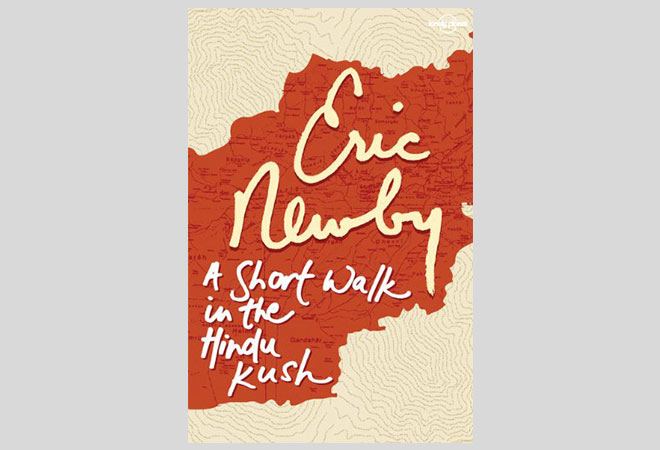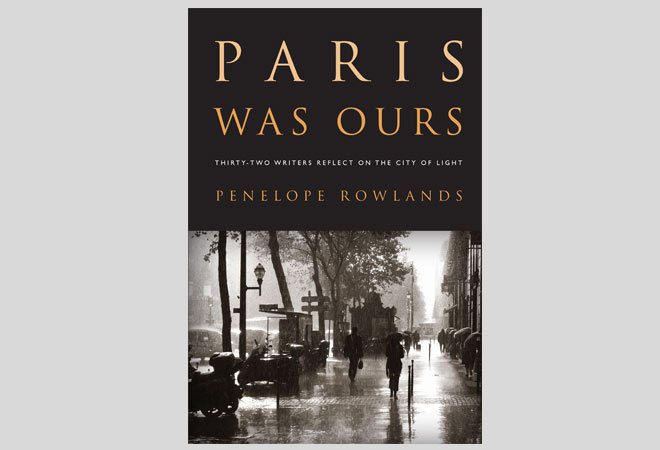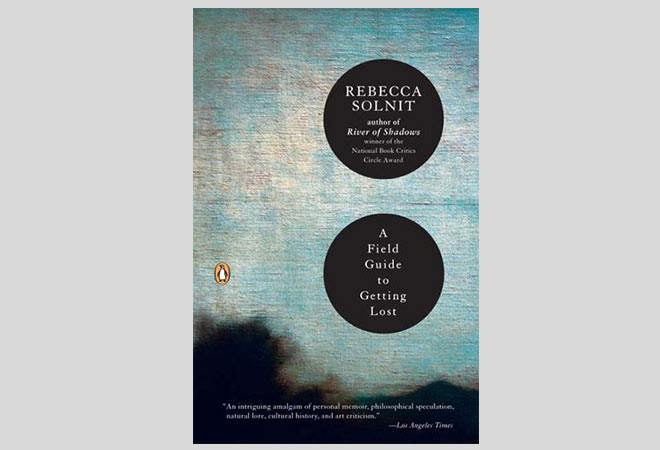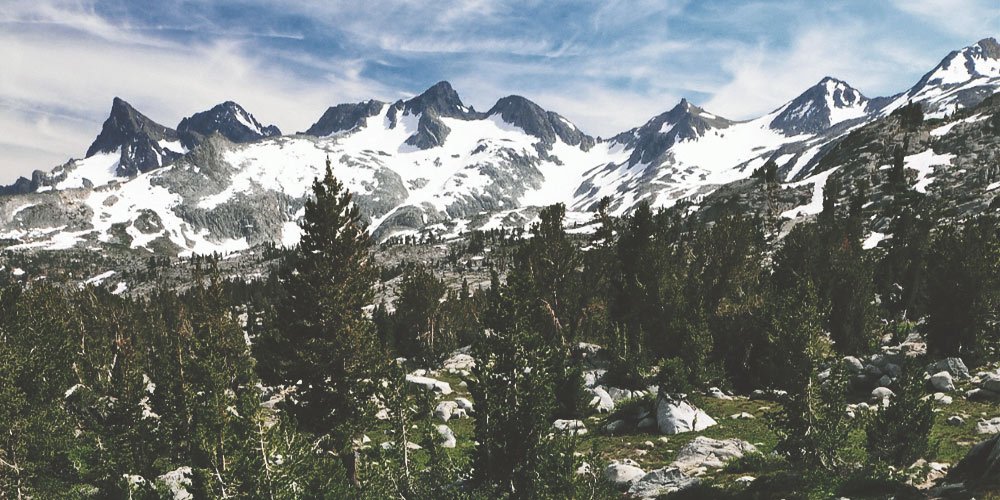Late at night, when you’re in bed and your eyes are closed, what is that little voice in the back of your head saying? What, in this wide and open world, calls out to you? Is it a starry night sky, peeking in through the trees above, looking down on you from the open flap in your tent? Is it the setting sun over a mountain trail, cascading down acre upon acre of raw, untouched forest? Is it the sights, sounds, and smells of a city to which you’ve never been, but have spent years dreaming of?
Whatever it is, we’d be willing to bet it isn’t your office cubicle, and it definitely isn’t your boss.
When you can’t just pack up and hit the road, books are a great escape. They remove you from your world and place you in another in ways that mediums like film just can’t. They serve not as a distraction, but as a passport to destinations unknown.
Don’t believe us? Check out these 5 books for the wanderlust heart:

Wild: From Lost to Found on the Pacific Crest Trail
Cheryl Strayed
The sophomore book by American writer Cheryl Strayed, Wild, covers her physical and spiritual journey of self-discovery on her 1,100-mile hike through the Pacific Crest Trail. This novel spent more than two whole years on the New York Times Best Seller list, and for good reason. Her journey begins in the Mojave Desert, where she hikes through California, then up into Oregon, and ends with her crossing the Bridge of the Gods into Washington. The story’s purpose lies in Strayed’s quest for self-exploration, following the death of her mother, alienation from her family, divorce from her husband, and plunge into heavy drug use. It is touching, it is compelling, and it is Wild. Link

The Great Railway Bazaar: By Train Through Asia
Paul Theroux
Considered a classic of modern non-fiction travel writing, The Great Railway Bazaar, written by Paul Theroux and first published in 1975, recounts his 4-month journey through Europe via London, into the Middle East and the Indian subcontinent, and then into Southeast Asia—all by train. Theroux’s witty and unmistakably intelligent first-person narrative of his travels captivated an entire generation of wanderlust travelers, writers, and artists, and firmly supplanted his perennial position as the Great American Travel Writer. This book will take you everywhere you’ve ever wanted to go, without ever leaving your bedroom. Link

A Short Walk in the Hindu Kush
Eric Newby
Another throwback novel, A Short Walk in the Hindu Kush was first published in 1958, and is by the famously English travel writer Eric Newby. Despite its age, the autobiographical novel carries an air of romanticism and nostalgic comedy that perfectly defines the traveler’s perspective. Newby’s witty, comedic, and—at times—even aloof tone make this novel as great as it is. While Persia is no longer a place, and the Hindu Kush is terribly more dangerous these days, the wisdom imparted by Newby is what still gives audiences the unhindered urge to get up and move, over 60 years later. Link

Paris Was Ours: Thirty-two Writers Reflect on the City of Light
Penelope Rowlands
This collection of essays isn’t necessarily about travel, but is about a city that has captivated everyone from nomads and gypsies, to artists, writers, and bohemian-types for hundreds of years—Paris. Travelers young and old, from places all over the world, dream of vising the City of Light, and that’s exactly the sentiment this collection embodies. Thirty-two writers from all over the world discuss their experiences while living in Paris—what they saw, how they felt, who they met—and describe how the city and its people changed their lives forever. The accounts are intimate, personal, and incredibly beautiful. You will see Paris after reading this book. Link

A Field Guide to Getting Lost
Rebecca Solnit
In her 2006 release, A Field Guide to Getting Lost, Rebecca Solnit explores the many nuances of what it means to get lost. Through exploration—of herself, of the very etymology of “lost,” and of the world around us—Solnit creates an abstract (if not admittedly hard to follow, at times) narrative that is crucial to understanding how being lost can be beautiful and terrifying, all at once. The novel has little to do with physical travel, but will prepare you for the psychological aspects of what it actually means to be wanderlust. Its goal isn’t to inspire travel, but to help you understand what to do when you get there (i.e. toss your compass to the sea, leave your maps to the wind, and let your world guide your experience). Link
Godspeed!




